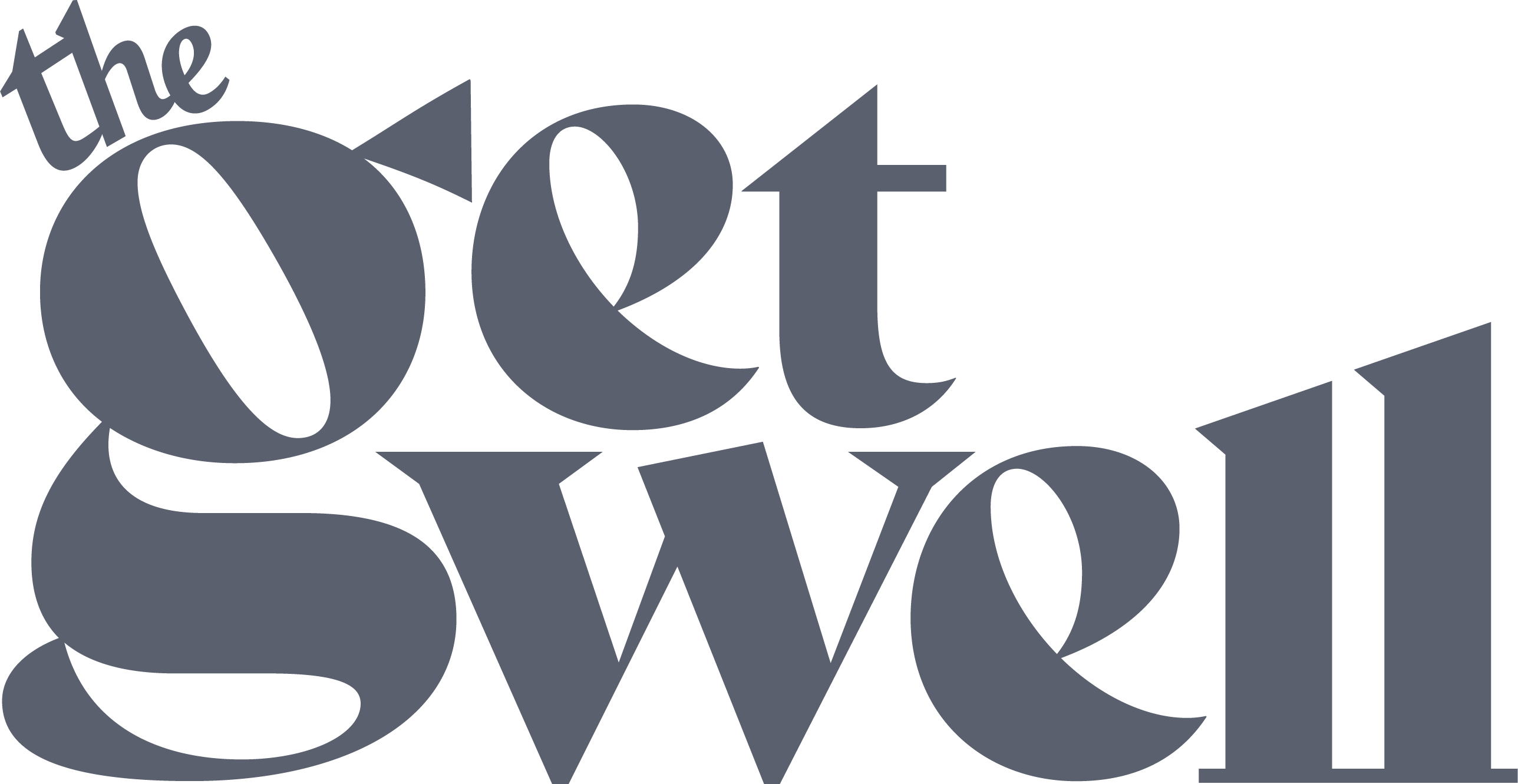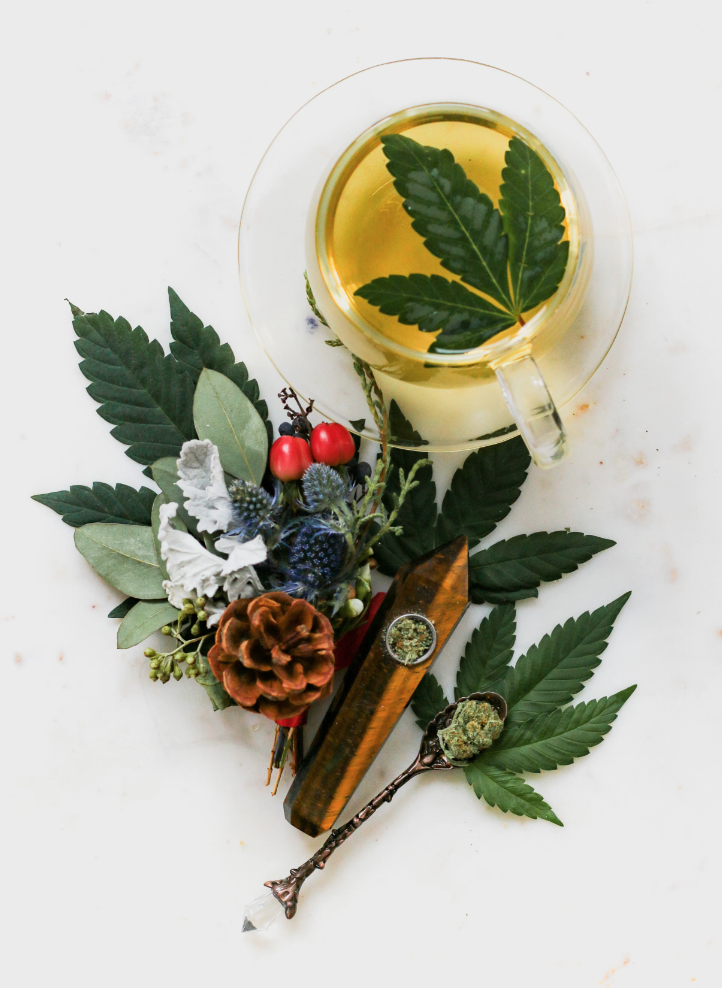If you haven’t been living under a rock, you’ve probably heard about two big acronyms that have been dominating the mainstream for a couple of years now. More and more people are becoming aware of the presence of THC and CBD-based products as consumers are likewise becoming increasingly interested and curious about the plethora of options available in the market. But what are they? What exactly do they do? Are there any key differences between THC and CBD?
There are about 100 different cannabinoids found in the cannabis plant but you have probably only heard of two: delta-9-tetrahydrocannabinol (THC) and cannabidiol (CBD). Medical website WebMD says THC and CBD have the same chemical composition with 21 carbon atoms, 30 hydrogen atoms, and two oxygen atoms. However, the biggest difference is how these chemicals are arranged. The difference in atom arrangement differentiates THC and CBD and the way it reacts with the body’s natural endocannabinoid system. The endocannabinoid system is the body’s natural producer of endocannabinoids that binds with the body’s cannabinoid receptors.
It is a known fact that both THC and CBD work with the body’s receptors and activate various neurotransmitters in the human brain. Generally, THC and CBD have been found to affect appetite, sleeping habits, and mood. Now that THC and CBD are gaining more traction in the media, it’s easier to be misinformed by numerous articles being published on the internet.
In this article, GetWell will walk you through the key differences between the most popular cannabinoids that are certainly taking the world by storm.
Which one gets you high?
It is a common misconception that one makes you high and one doesn’t. That is completely false, especially how the jargon surrounding the two chemicals are often interchanged. While it is true that CBD does not have the induced euphoric feeling and the “high” often associated with THC products, CBD still has antipsychotic, anxiolytic, and antidepressant properties. This means that it can greatly alter your mood without impairing your judgment.
THC is the main psychoactive component found in cannabis plants. Put simply, THC is the primary agent responsible for creating the “high” often associated with the recreational use of cannabis. While many assume that both cannabinoids have the same effects, the key difference between THC and CBD is that CBD is non-intoxicating. It won’t get you high.
Which one is illegal?
This depends as there are a lot of factors to consider. Studies centered around controlled clinical trials of THC, CBD, and cannabis, in general, are scarce, to say the least. For instance, up until 2018, CBD has been classified as a Schedule I substance. A Schedule I substance is a federal government classification defining CBD as having no accepted medical use and a high potential for abuse. Other Schedule I substances are heroin, ecstasy, and marijuana with high THC concentration.
CBD is legal. In 2018, the Agriculture Improvement Act (also known as the Farm Bill) has legalized hemp-derived CBD that contains less than 0.3% THC. However, it may get confusing at the state level as some states may require you to have a prescription before letting you buy CBD products.
THC, on the other hand, is a different story. CBDCentral, a website dedicated to providing the most comprehensive and reliable information about CBD and other related products, 33 states along with the District of Columbia have legalized the use of marijuana but with various restrictions and guidelines. Put simply, the initial legalization of THC (in marijuana use) will be strictly regulated and will spur tighter legislation depending on the intent to use it for medicinal or recreational purposes.
The legalization of medicinal and recreational marijuana (including the use of CBD and THC) has been one of the most talked-about issues of this decade. Decriminalization has also taken huge strides in certain states and calls for legislation to make way for completely legalizing marijuana in the future are being looked into by both state and federal governments.
The United States Food and Drug Administration (FDA) is also working on answering the questions surrounding CBD and THC as the demand for marijuana-based products continues to increase. If you’re unsure about whether or not CBD and/or THC can be bought over the counter or without a prescription in your state, do your research! It pays to have enough know-how about these things so that you wouldn’t get into trouble.
Which one has medical properties?
Presently, the only CBD-based drug approved by the U.S. FDA is a drug called Epidiolex. It has been proven effective in treating seizures associated with epilepsy. Clinical trials of Epidiolex in patients struggling with Lennox-Gastaut Syndrome (LGS) and Dravet Syndrome (DS) have both shown promising results with patients responding well to the treatment.
The effectiveness of Epidiolex was studied in three randomized, double-blind, and placebo-controlled clinical trials involving 516 patients. Results have shown that patients responded well to being treated by Epidiolex and have successfully reduced the occurrence of seizures in epileptic patients. In addition, CBD has also been found to have anxiolytic properties used to treat anxiety and depression.
On the other hand, THC, while containing similar medicinal traits, has also been used to treat pain, muscle aches, eye illnesses, sleep disorders, eating disorders, as well as nausea and migraines. Regardless of the confusing nature with which marijuana laws are written and conceptualized, one thing is certain: cannabinoids (THC and CBD) found in cannabis contains a plethora of properties that may make it a viable option for alternative medicine. Both can also function as a complementary treatment alongside conventional medical treatments.
Which one has side effects?
Another common misconception when using THC and CBD-based products is that only THC has side effects such as the “high” and the euphoric feeling. That’s false. They BOTH do. According to WebMD, THC has various side effects such as dizziness, inability to focus, drowsiness, and the induced euphoric feeling.
Meanwhile, CBD– through clinical studies, has also been found to have different side effects such as loose bowel movement, nausea, tiredness, lightheadedness, mood shifts, and even low blood pressure. While the effects of THC and CBD vary from one person to another, the side effects listed in this article are the most common side effects found through numerous controlled clinical trials.
Pro Tip: Thinking of using CBD and/or THC? Visit your doctor first!
The internet is a wonderful place. You can find just about anything with the right keywords and the proper research techniques. However, it’s always best to talk to a specialist rather than basing everything on what you find on the internet. There is no one-size-fits-all when it comes to the effects of THC and/or CBD on your body as each of us responds to these substances differently. If you’re unsure about anything that has to do with THC and/or CBD, talk to your doctor first. A doctor is best-equipped to tell you how these substances can improve your current state based on the specific needs of your body.

